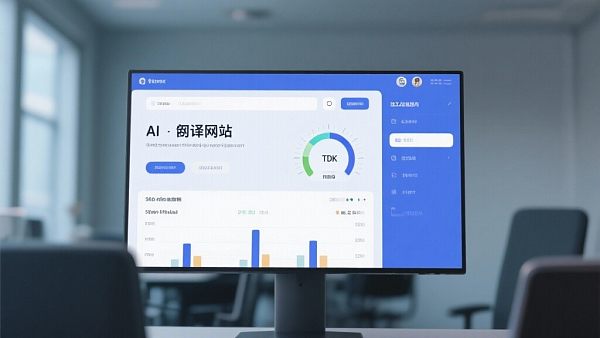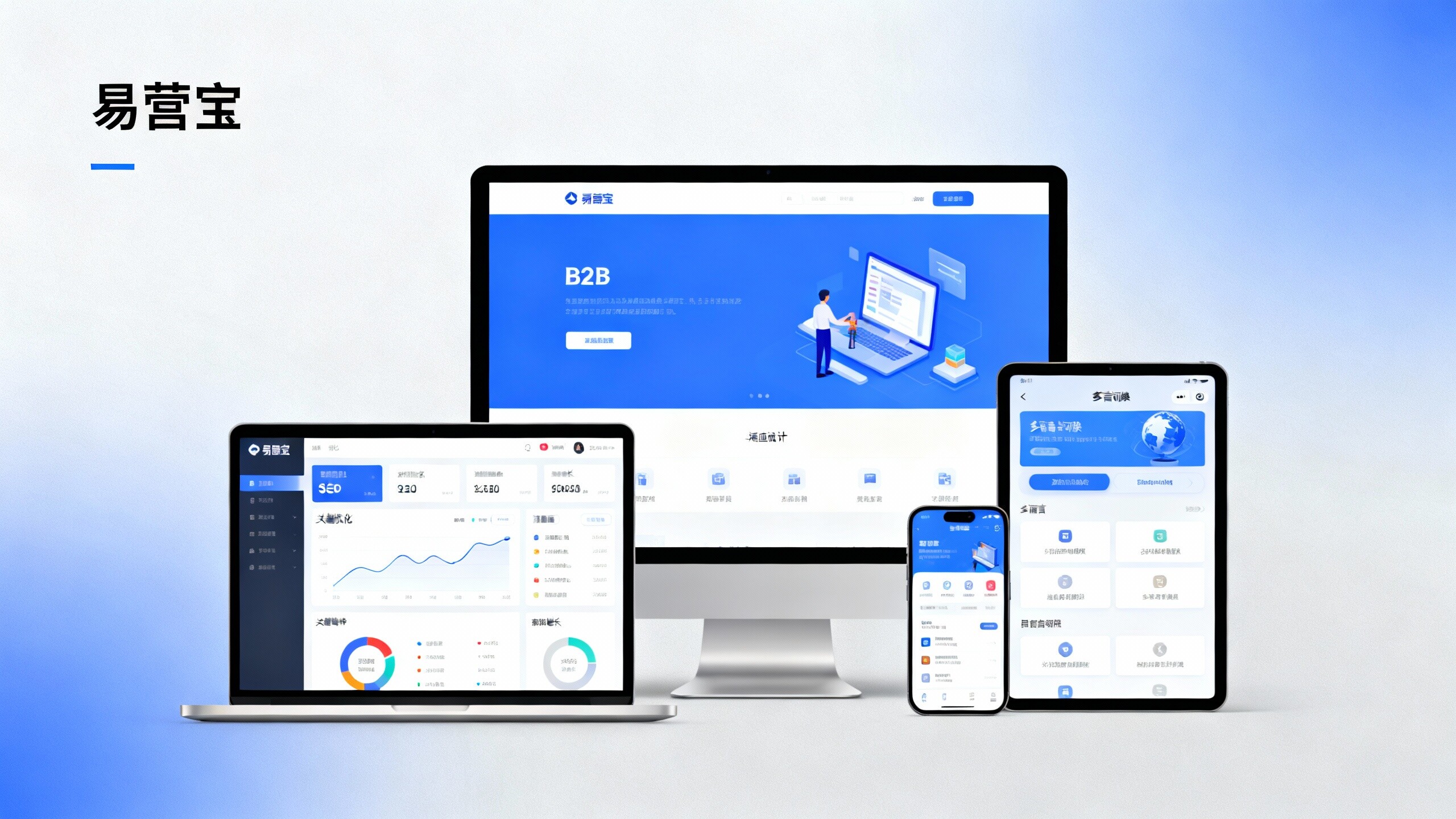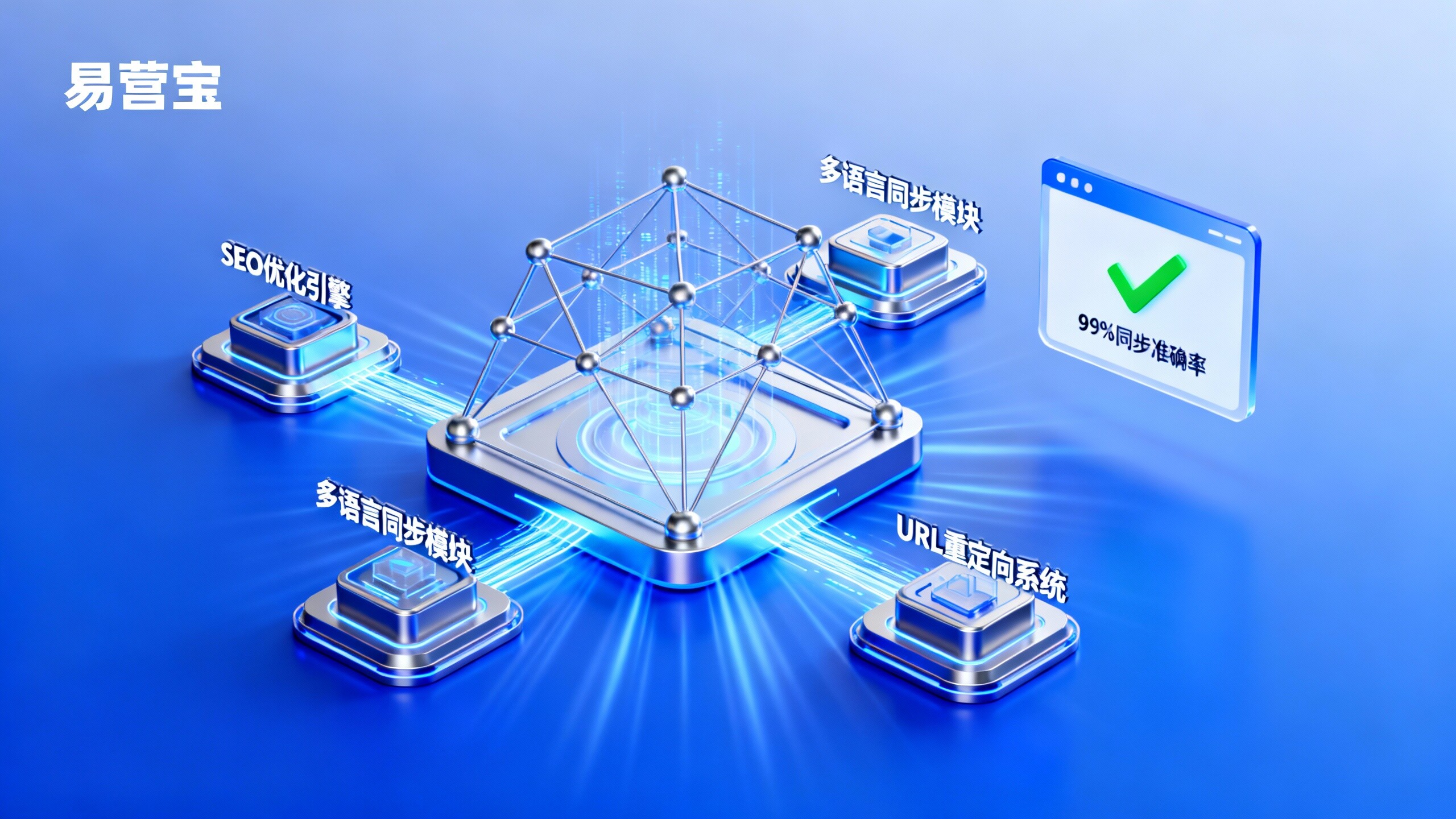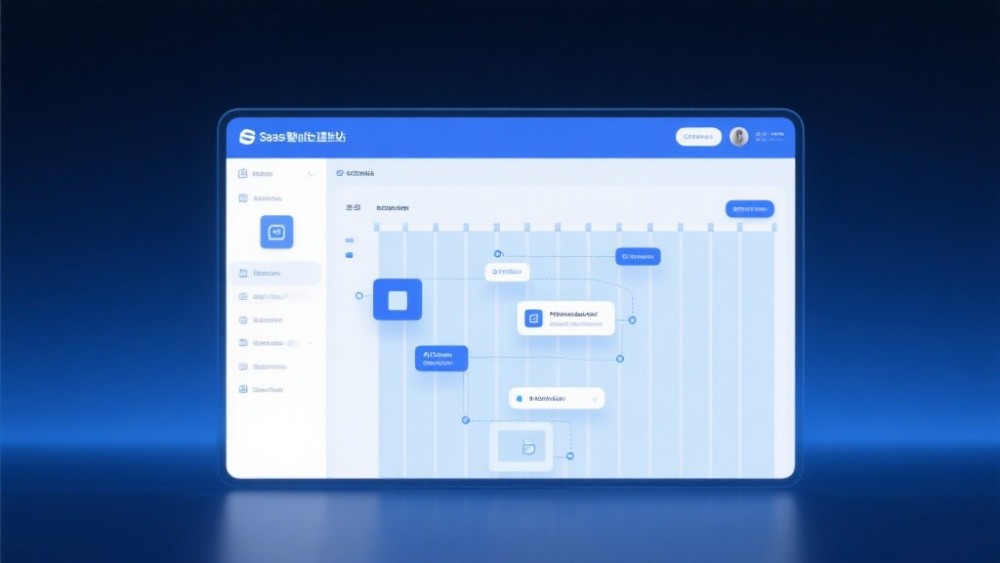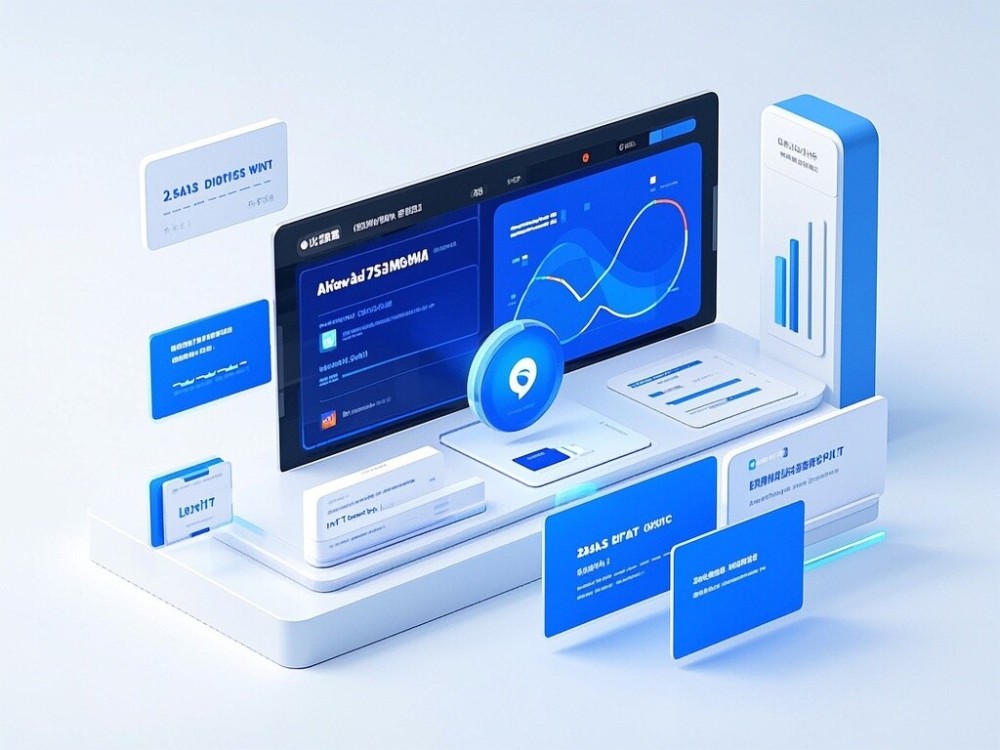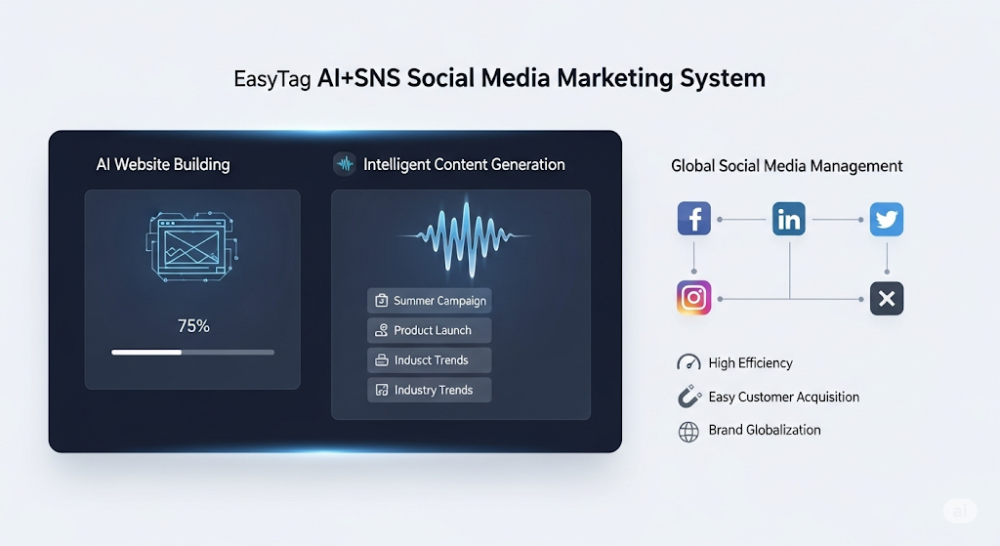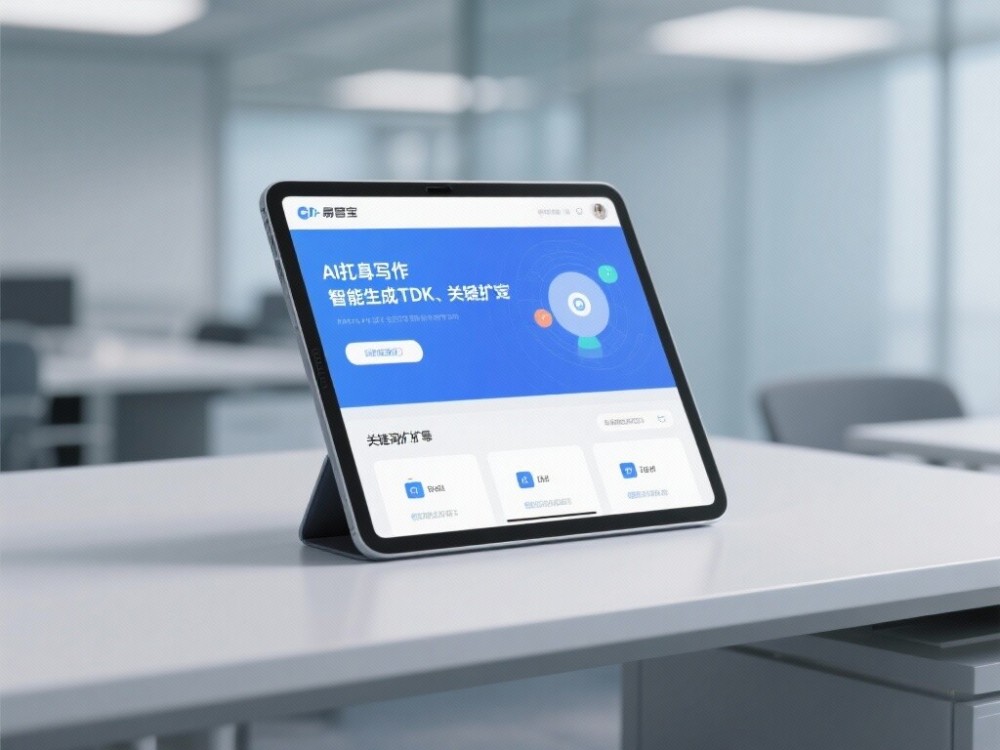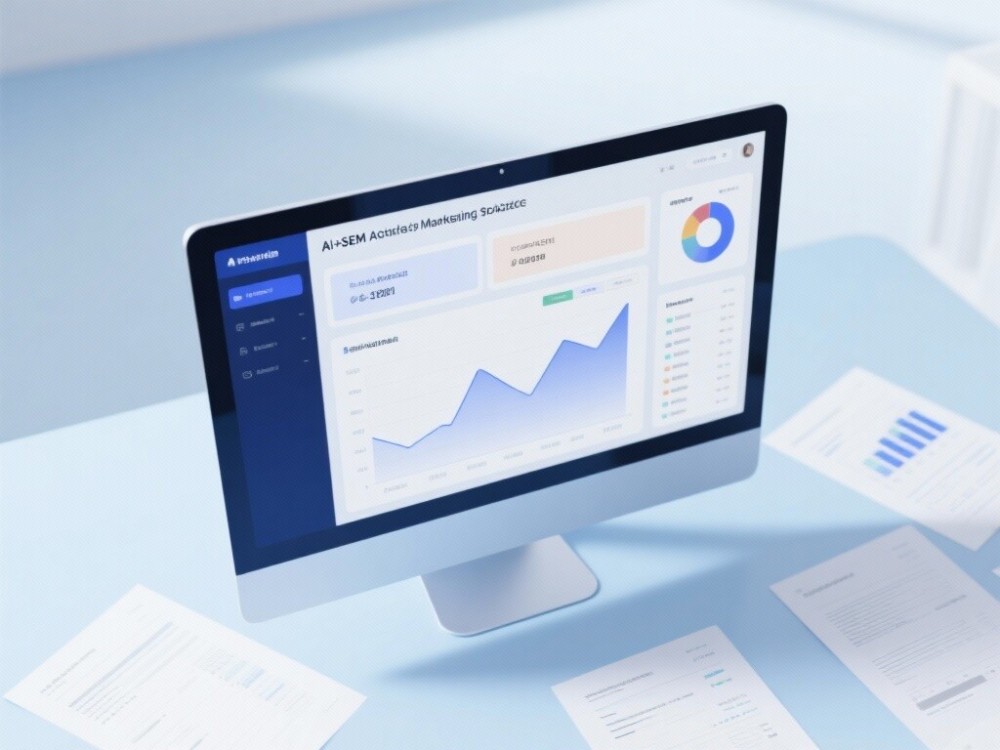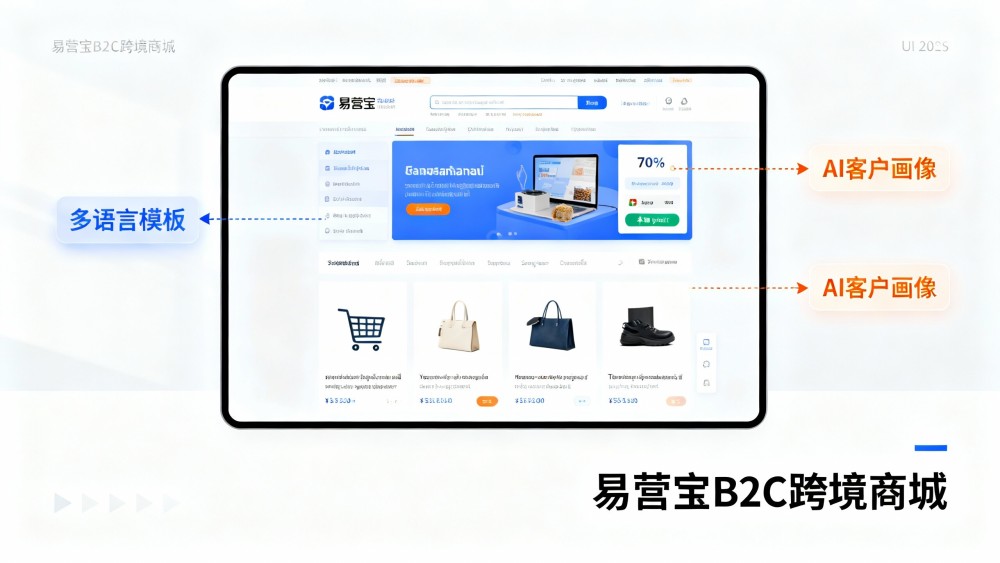- How is EasyStore's intelligent website building, and is it worth adopting in 2026 foreign trade website construction projects?2026-01-25View details
- How is EasyYunbao Smart Website Builder? Is it suitable for startup brands to quickly build Chinese-English-Japanese trilingual websites?2026-01-25View details
- Customer Case: How Manufacturing Enterprises Achieve Online Customer Acquisition Growth with EasyStore AI Intelligent Website Building System2026-01-25View details
- Procurement Guide: How to Evaluate Whether the EasyStore AI Intelligent Website System is Suitable for Your Company Project?2026-01-24View details
- Analysis of the Stability Performance of EasyYunbao AI Intelligent Website Building System in Large-Scale Projects2026-01-25View details
- Which website building service providers are recommended for foreign trade? A list of reliable service providers for 2024 has been released.2026-01-25View details
- How does EasyBiz multilingual marketing system compare to traditional foreign trade standalone site tools?2026-01-23View details
- Which multilingual website service provider is the best? 2025 service provider technology capabilities and price comparison2026-01-23View details
AI Website Translation + Free SEO Optimization Tools, How to Build a Globalized Independent Site?
Introduction
Master free strategies for AI translation websites and SEO optimization tools to quickly achieve the construction of independent foreign trade websites and multilingual global layouts, enhancing overseas traffic and conversions. This article targets information researchers and practical users, combining enterprise SaaS services to systematically explain how to use AI translation websites, free or low-cost SEO optimization tools, and AI-driven website construction services to establish an efficient multilingual independent website workflow. The content includes definitions and technical interpretations, comparative analysis, procurement guidance, and case studies to help you make quick decisions and execute in building independent foreign trade websites, global SEO optimization systems, and cross-border advertising (including Yandex ads).
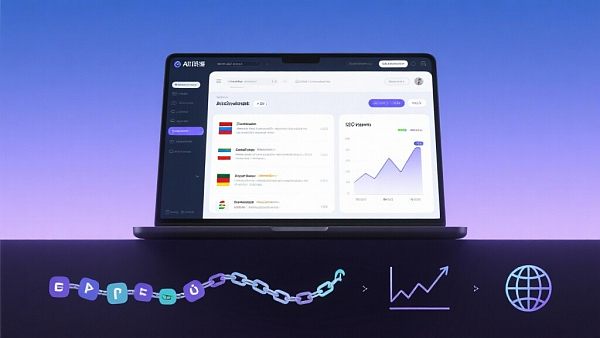
Definition and Core Concept Analysis
First, clarify the concepts and unify terminology. AI translation websites integrate NLP and machine translation models into the website or content production process to achieve real-time or batch translation of multilingual pages while retaining SEO-friendly structures. Free SEO optimization tools typically automate keyword expansion, TDK generation, page speed detection, and site map submissions, significantly improving site visibility in target markets. For enterprise users, when selecting global multilingual website providers or AI-driven website construction services, focus on three metrics: language quality (terminology consistency and localization level), SEO compatibility (URL, hreflang, metadata), and performance and compliance (CDN, SSL, data sovereignty). In building independent foreign trade websites, combining AI translation websites with free SEO optimization strategies can shorten multilingual launch cycles, reduce labor costs, and maintain keyword coverage and user experience, forming a sustainable global traffic growth foundation.
Application Scenarios and Implementation Workflow

From a scenario perspective, technology applications are more intuitive. Typical uses include batch multilingual publishing of e-commerce product pages, multilingual SEO optimization for corporate websites, and overseas content distribution synchronized with social media matrices. For B2B manufacturing and cross-border e-commerce, start by identifying target market keywords during localization research, then use AI keyword tools to generate long-tail and semantically related terms. Next, perform initial translations with AI translation websites and review with local staff. Finally, submit page structures, hreflang, site maps, and schema markup to search engines via global SEO optimization systems. For rapid iteration scenarios, adopt smart website + API automation closed loops: content generation, translation, automated TDK generation, site detection, and publishing operations are completed on one platform, enabling quick SEO-optimized website construction and continuous optimization. This model is especially friendly to information researchers and practical users, as each step is quantifiable, traceable, and facilitates AB testing and conversion rate improvement strategies.
Comparative Analysis: Human Translation vs. AI Translation; Paid Tools vs. Free SEO Optimization Tools
When selecting strategies, two common comparisons arise. Human translation excels in industry terminology, localized tone, and legal compliance, suitable for high-value landing pages or legally stringent content. AI translation websites offer speed and scale advantages, ideal for batch publishing product catalogs, blogs, and FAQs. Hybrid models are best: manually polish high-priority pages and use AI for initial drafts of low-priority pages. For tool pricing, many enterprises prefer free SEO tools initially to validate markets; free tools cover basic keyword expansion, page audits, and speed diagnostics but lag in automation, API integration, traffic data fusion, and enterprise support compared to paid SaaS platforms. For example, when managing multiple ad accounts for Yandex, Google Ads, and Meta, integrated AI-driven website services can link ad diagnostics, keyword performance, and site traffic for precise budget and landing page adjustments. Weigh three factors: coverage (languages and markets), automation (APIs and workflows), and technical support (response speed and compliance guarantees).
Technical Performance and Product Integration (Including Product Examples)
Technical details determine implementation efficiency. Excellent global SEO systems feature multimodal AI generation, NLP semantic understanding, global CDN acceleration, and automated SSL deployment. To address traffic fluctuations and costs, many enterprises combine site performance products with traffic management tools. For example, pair with website traffic packages to lock in bandwidth costs, automate traffic fee deductions, and integrate BI analysis, ensuring stability and cost control during e-commerce peaks. The table below compares common features and advantages:
From data security and performance, choose providers with global CDN and DDoS protection, requiring automated SSL and compliance documentation. As an example, combining proprietary AI algorithms with global node deployments has improved independent site loading speeds and SEO scores for multiple enterprises. Such AI-driven website services significantly shorten technical implementation cycles in cross-border expansion.
Procurement Guide and Cost Control Recommendations
Facing numerous vendors, prioritize needs: clarify target markets, keywords, and conversion events before selecting matching solutions. Follow a four-step procurement process: requirement梳理 (countries/languages, compliance), technical evaluation (API capabilities, CDN nodes, translation quality), pilot testing (small-scale page SEO and conversion validation), and scaled deployment (automated workflows and data integration). For cost control, use free SEO tools for initial validation, then introduce traffic management and packages to reduce bandwidth costs. Note merged billing management, real-time quota monitoring, and auto-renewal features to avoid budget overruns and site outages during holidays or Yandex ad peaks, protecting conversions and brand experience.
Industry Scenarios and Client Case Studies
Real cases speak volumes. A mid-sized cross-border home goods e-commerce client launched English and Russian sites in the UK and Russia using multilingual independent website services. AI translation quickly produced product descriptions, combined with free SEO tools for initial keyword expansion and TDK adjustments. After confirming traffic and conversions, traffic packages and CDN optimization achieved over 35% organic traffic growth and 30% lower ad costs in three months. Another B2B manufacturing client linked Yandex ads with site keyword performance via AI-driven website services, continuously optimizing landing pages with AI keyword tools for higher match rates and lower bounce rates. These cases prove that integrating smart websites, AI translation, and global SEO systems can replicate success across verticals and markets.
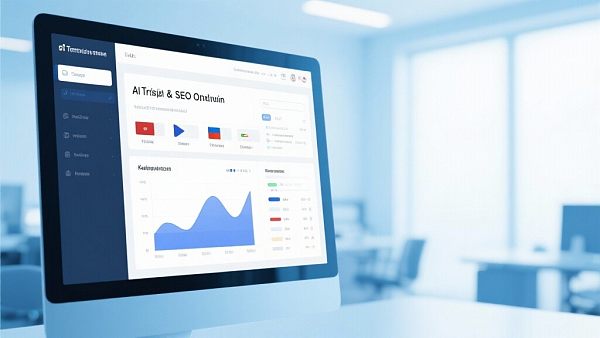
Common Pitfalls, Standards, and Compliance Tips
Common mistakes include blindly machine-translating all pages, neglecting hreflang and URL standardization, and ignoring local data laws. Avoid these by: 1) automating low-value content with AI translation and manually localizing high-value pages; 2) adhering to industry standards like Google’s structured data guidelines, Yandex submission processes, and target country data protection laws. Prioritize partners with Google Premier Partner, Meta代理, or Yandex certifications for mature ad-tech integration and compliance resources, reducing出海 risks and improving execution efficiency.
FAQ, Trend Analysis, and Call to Action
FAQ: 1) Can AI translation replace humans? No, but hybrid workflows balance efficiency and quality. 2) Are free SEO tools sufficient? Suitable for validation but scale with enterprise platforms. 3) How to measure multilingual SEO? Key metrics include organic traffic, keyword rankings, bounce rates, and conversions per language. Trends: Over the next three years, multilingual independent websites will emphasize multimodal content (images + text +短视频) localization and search engine experience optimization, while AI further介入创意 and ad optimization for "data-strategy-execution"秒级闭环. Why choose us? With proprietary AI algorithms, global nodes, and Google/Meta/Yandex partnerships, we offer one-stop solutions from rapid construction to long-term operations. If you’re ready to combine independent foreign trade websites, multilingual independent website construction, and Yandex ads into a replicable growth engine, contact us for customized solutions and pilot support to let technology drive your global growth.
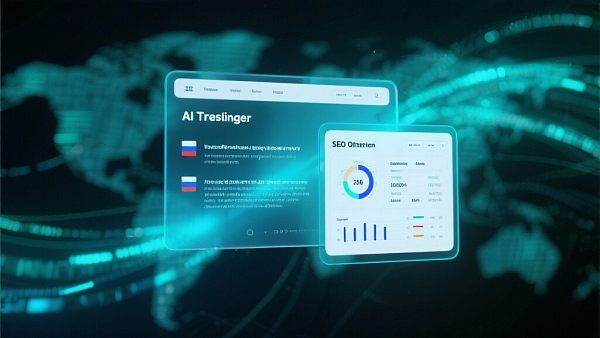
Contact Us
For more solutions and product trials, visit our service page or consult our experts for scenario-based free technical assessments and implementation advice to achieve low-cost, high-efficiency global independent website construction.
- Campbell (name)
- free-standing station
- Multilingual SEO
- Multi-language website
- SEO optimization
- Intelligent website building
- AI translation
- AI Translation Website
- Yandex Advertising
- Foreign trade independent website
- Yandex Advertising
- Enterprise official website
- SEO Optimization Tools
- Website traffic
- Independent website building
- Foreign trade independent website construction
- Multilingual Independent Site
- Independent website construction
- Multilingual SEO Optimization
- Google Ads
- SEO
- Global CDN Acceleration
- AI-Driven Website Construction Services
- Global Multilingual Website Provider
Related Articles
![Is the Cost of Building a B2B Website High? Budget Reference for Enterprises of Different Scales Is the Cost of Building a B2B Website High? Budget Reference for Enterprises of Different Scales]() Is the Cost of Building a B2B Website High? Budget Reference for Enterprises of Different Scales
Is the Cost of Building a B2B Website High? Budget Reference for Enterprises of Different Scales![How is EasyYunbao's intelligent website building? Can it meet the standardized SEO structure requirements for multilingual independent sites? How is EasyYunbao's intelligent website building? Can it meet the standardized SEO structure requirements for multilingual independent sites?]() How is EasyYunbao's intelligent website building? Can it meet the standardized SEO structure requirements for multilingual independent sites?
How is EasyYunbao's intelligent website building? Can it meet the standardized SEO structure requirements for multilingual independent sites?![Which smart website building system is better? Can SEO weight loss and content synchronization errors be avoided when reconstructing multilingual architecture? Which smart website building system is better? Can SEO weight loss and content synchronization errors be avoided when reconstructing multilingual architecture?]() Which smart website building system is better? Can SEO weight loss and content synchronization errors be avoided when reconstructing multilingual architecture?
Which smart website building system is better? Can SEO weight loss and content synchronization errors be avoided when reconstructing multilingual architecture?
Related Products

